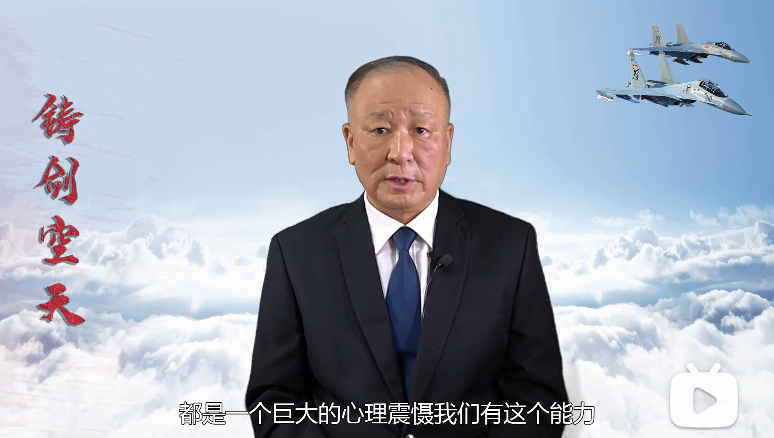
"The introduction of market laws into the moral sphere has resulted in the loss of people's moral constructs, resulting in the commodification of human consciousness and interpersonal relationships, as well as the legitimization of selfishness" - Prof. Chen Lai... 

...Dean of Academy of Chinese Learning 国学 and philosophy professor at Tsinghua University, writes a short social critique, not unlike the short lecture video I tweeted about last week from renowned Fudan University professor of philosophy at Wang Defeng
https://twitter.com/GeringTuvia/status/1412791865389334536?s=20
But unlike Wang, Chen Lai believes that to save the souls, so to speak, of the Chinese people, the government should be more involved.
Excerpt: "Buddhism and Taoism are religions that draw from everyday life in Chinese history, whereas Confucianism is not an organized religion...
"Therefore, unlike Christian countries where religion is responsible for social indoctrination, in China's history, the government must assume the responsibility of indoctrinating the hearts and minds of society."
/End
Link: mp.weixin.qq.com/s/ygsCdZ5K4dMz…
Of interest: @iandenisjohnson
/End
Link: mp.weixin.qq.com/s/ygsCdZ5K4dMz…
Of interest: @iandenisjohnson
• • •
Missing some Tweet in this thread? You can try to
force a refresh












